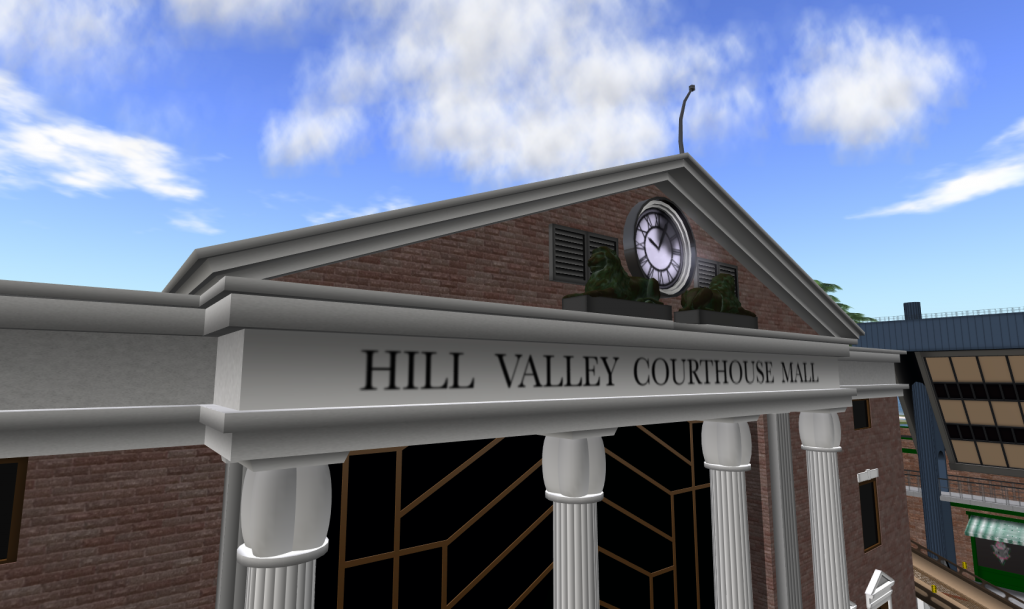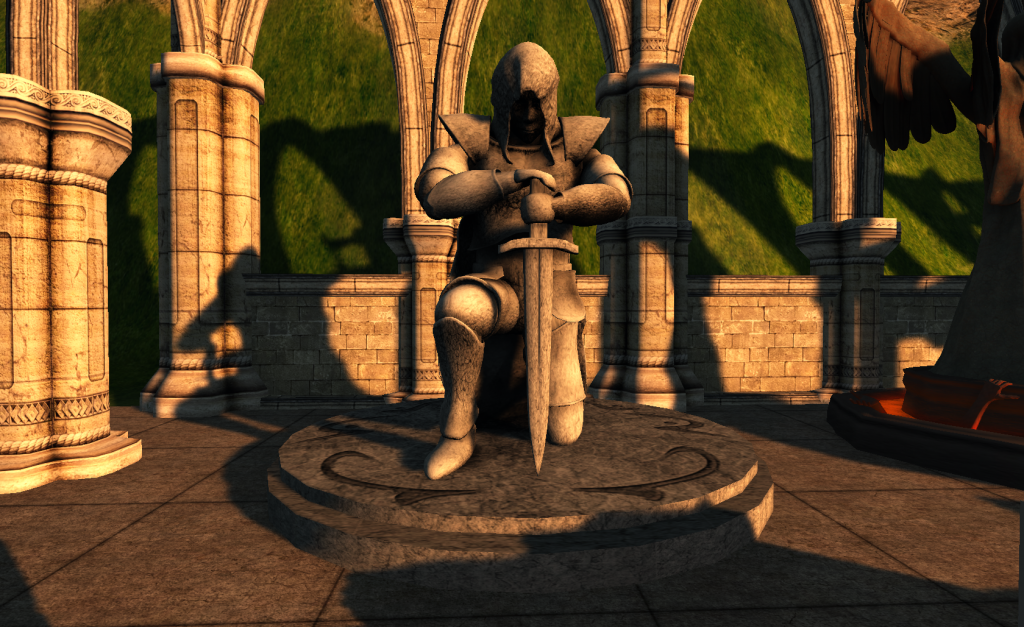 It was only a matter of time. Throughout history, whenever people have come together and formed a dependence on each other for their physical, social, and economic well-being, they've eventually had to create some form of governance. The Old Testament, a type of code that governed a group of people no matter where they lived, is one of the oldest examples we have of a document of governance. We have also seen people develop documents of governance intended to be implemented based on a physical location such as a nation, state, or city. And this need for governance is also found in organizations and businesses because the framework in which people interact is not the trigger – it's the interaction that triggers the need for governance. And so today we are watching as this age-old practice of establishing rights and responsibilities becomes an essential need in our virtual communities.
It was only a matter of time. Throughout history, whenever people have come together and formed a dependence on each other for their physical, social, and economic well-being, they've eventually had to create some form of governance. The Old Testament, a type of code that governed a group of people no matter where they lived, is one of the oldest examples we have of a document of governance. We have also seen people develop documents of governance intended to be implemented based on a physical location such as a nation, state, or city. And this need for governance is also found in organizations and businesses because the framework in which people interact is not the trigger – it's the interaction that triggers the need for governance. And so today we are watching as this age-old practice of establishing rights and responsibilities becomes an essential need in our virtual communities.
Over the weekend, Vanish Firecaster posted an excellent beginning to an "Avatar Bill of Rights," and I encourage anyone involved in virtual worlds to read through it. While rights are important, they are not the only part of the equation. To be successful, people need their rights to be balanced with responsibilities. Last year I helped facilitate the development of a participation agreement for people who want to access the MOSES grid. During the open discussions we held to develop the document, we covered expectations, behavior, responsibility, and rights. While the choices made for each of these in MOSES is much different than what would be developed for a public and social virtual world, the process is the same. And the final agreement, which provides for a type of governance, is necessary to ensure the grid or virtual world operates in a successful and organized manner. In the case of MOSES, it also ensures those who enter and interact with others in that setting do so with a clear understanding of everyone's role and responsibilities.
It's really no different from what we have in the places where we live. I'm not sure how it is set up in other countries, but in the United States, we have federal laws to define and protect our rights. But those are not enough. The founders of our country realized each state and local region would need to further refine and develop rights and responsibilities in order to maintain order and protect people and meet their specific needs. So each of us in the U.S. accepts a different set of rules and resonsibilities based on the state and/or city where we live. And if we don't want to accept them we can either try to change them, or we can move.
Perhaps in developing virtual rights and responsibilities, or a Metaverse Code, we could follow a similar type of framework. We could begin as Vanish has done and define the rights including those identified by the founders because they are "natural and inalienable rights." Then each grid, which is a type of city or region, can develop and further define these rights and responsibilities based on the culture or population dependent on that place. It would function as specific code for that grid and fit within the umbrella of the Metaverse Code and any laws imposed by the physical world. And the people who make up the population of a specific grid, even if owned by an individual or company, should help develop the code because a "government" only gets its authority from the people. And yes, I realize a private grid is owned by a private person, and they certainly can try to make up their own rights and responsibilities to impose on everyone, but without acceptance of their authority, they will face an empty grid. So it is in the best interests of their grid, if they expect people to invest time and money there, to allow those same people to have a voice in the governance of that grid.
In the spirit of exploring the idea of governments and virtual worlds, Vanish set up a meeting on Saturday, Feb. 23, 2013, at 4 pm CST to discuss the topic. If you have an interest in either government or virtual worlds, I highly suggest stopping by to add your voice to the conversation or even just to observe. The site is currently set to be held in OSGrid on the Public Works sim. But because some people who want to attend are banned from entering OSGrid, he will probably move it to another grid. So make sure to keep checking the listing to see the final location.





The meeting got moved to Craft grid, Agenda region and it was a pretty good meeting.
I have gone forward on this subject by taking the first steps in creating a ToS that incorporates Avatar rights. http://sargemisfit.wix.com/excelsior-station#!page4/cfvg
Sarge – I read your post and thought it was a well-written set of terms. It looks like you are developing a process that will help to balance everyone’s needs and expectations. Do you think it would be helpful for people from all grids to get together at regular meetings – maybe every other month or so – to share what works and doesn’t work for grid “governance?”
Thanks, Pam. So far, its a distillation of the various things I've been reading and commenting on as well as my own thoughts on the matter. Not much input yet, but its only just beginning. It will likely need to have Excelsior Station actually open adn people moving in before commentary begins to pick up.
When it comes to having regular meetings, that's a yes and a no. They are a very good idea, but some people (like me) have problems with attendance.
My thoughts are more along the lines of a specific forum or thread or something as a long term continuously running dialogue. Moderation to keep it from being derailed or hijacked. This would be supplemented by a monthly get-together. Something relaxed where people would talk and brainstorm and float wild-and-waky ideas. In a non-business venue, too.